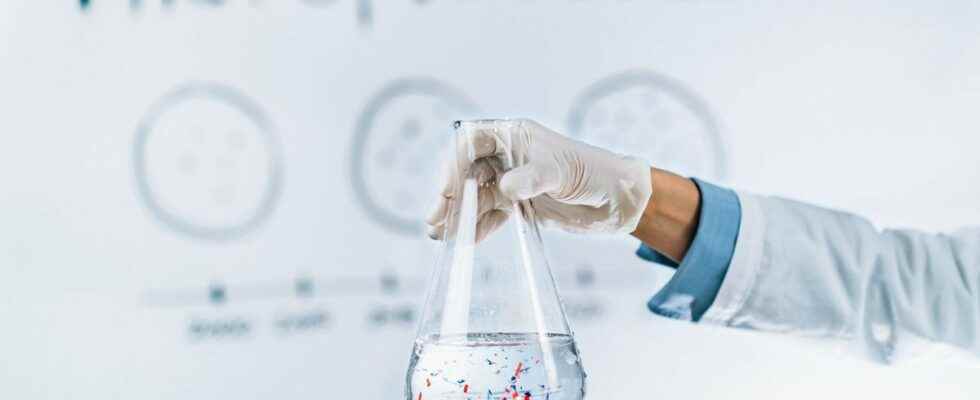Posted ,
Reading 2 mins.
Plastic, polystyrene, polyethylene… Microplastics have been found in our blood for the first time. In total, witnesses to this plastic pollution were found in 17 of the 22 healthy donors participating in a Dutch study!
The ban on plastic began in 2021, with the ban on the sale of certain products such as straws, disposable cutlery or lids. Some food packaging will also be replaced over time. However, although it has begun, the fight against plastic remains slow. A study revealing the presence of microplastics in human blood could perhaps speed up the implementation of certain measures.
Plastic, a scourge for the environment, animals, but also for humans
We all know that microplastics are ubiquitous. This waste is found everywhere, in the ocean, on the ground, in the air, but also in our food. It had already been estimated by a study carried out for the World Wide Fund for Nature that the equivalent of a plastic bank card of about 5 grams could be ingested on a weekly basis.
Another study, which took place in 2020, demonstrated that newborns could ingest more than a million plastic microparticles per day by drinking their milk from the bottle.
Microplastics found in human blood
More recently, a study published in the medical journal “Environmental International” and carried out by a team of researchers from the University of Amsterdam reveals that plastic particles have been found in the blood of 77% of healthy adults. This is therefore proof that microparticles, with a minimum size of 0.0007 millimeters, can anchor themselves a little deeper in the body.
To obtain these results, the researchers analyzed the blood of 22 volunteers. Apart from tiny plastic particles found in nearly 80% of blood samples, half of the samples contained PET (polyethylene terephthalate). This plastic is used for making water bottles. On the other hand, polyethylene was found in a third of people. Polyethylene is also a very commonly used plastic, in particular to design plastic bags.
Damage to our health still unknown
The NGO Common Seas, which campaigns for the reduction of plastic pollution, reports a “report […] extremely worrying“, because “Not only does plastic pollute our world, it also pollutes our bodies.”. This environmental association is now calling for more funding to continue the research, because according to it, “Nobody knows what [la présence de microplastiques dans le sang humain] means for our health, but scientists are worried”.
Moreover, these results remain worrying, because it is probable that “by 2040, plastic production will be doubled”.
